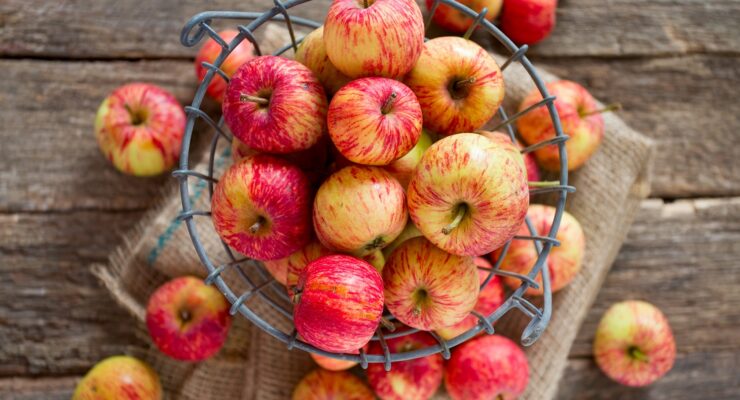Veggies: To Cook or Not to Cook
Article posted in: Diet & Nutrition
A Nutrisystem Facebook fan asked: “Do cooking or steaming vegetables take away any nutrients?”
The short answer, according to Nutrisystem’s dietitians, is yes―in most cases. But how much is lost depends on how you cook the veggies, and how much water you use.
That might seem confusing. However, when you boil your broccoli, take a look at the water after you drain it. The green stuff in the water? There are nutrients in there, lost to the cooking process. When broccoli is steamed, this loss of nutrients can be greatly reduced.
The evidence here is why nutritionists recommend lightly steaming or blanching your vegetables for maximum nutrient density. For those who don’t have a steamer basket, blanching is an easy and fast alternative. To blanch vegetables, place them in boiling water for 30 seconds to two minutes, removing the veggies before they start to lose their vibrant color. Rinse them with cold water to halt the cooking process—this will preserve crispness and color. If you’re eating them right away, stop rinsing while the vegetables are still warm enough to eat comfortably.
Not all boiled vegetables are bad: All those colors lost to the water are still absorbed by your body if you end up ingesting the water—like in soups or stews. So a carrot cooked in a stew will leach out plenty of nutrients, but you’ll wind up getting their benefits from the broth.
And, like everything, there are exceptions: Certain nutrients, like the cancer-fighting lycopene in tomatoes, are actually enhanced by cooking. There’s no easy answer to this question, except this: Eat your veggies, any way you can. Your body, energy level, and the number on the scale will all thank you.






